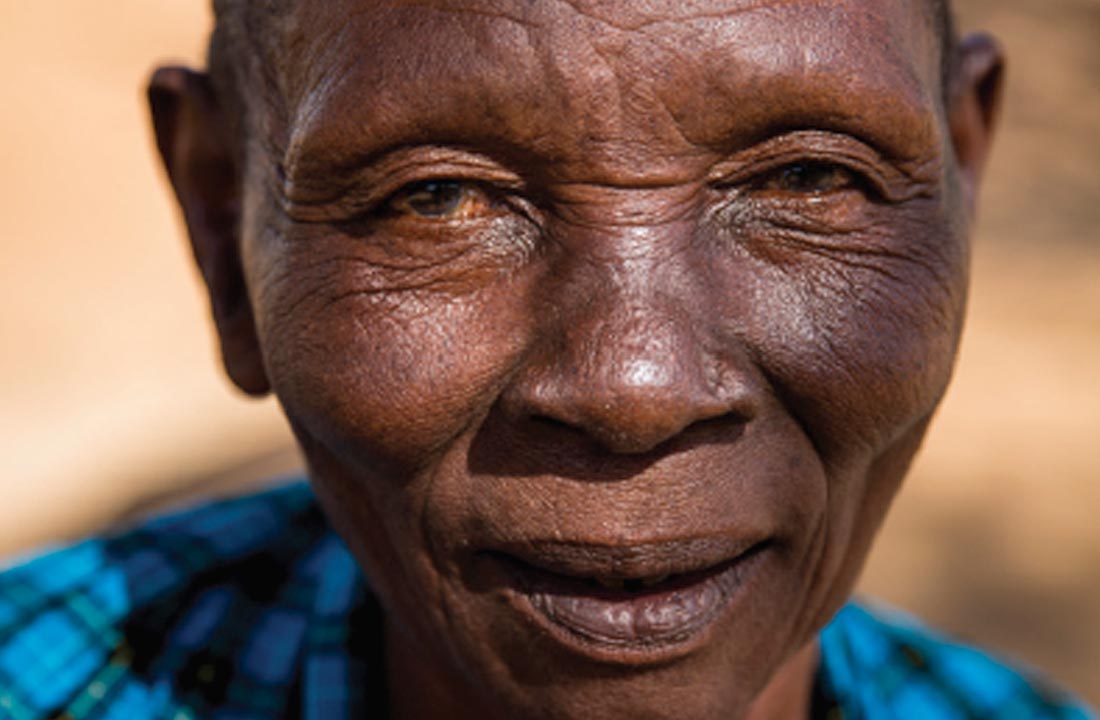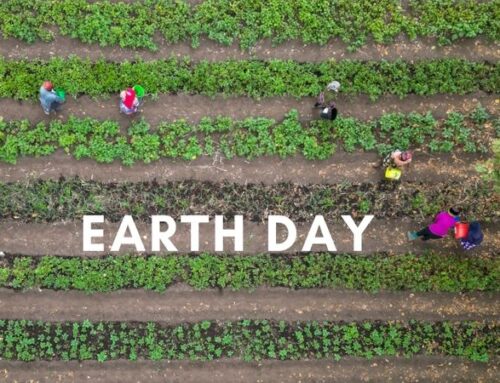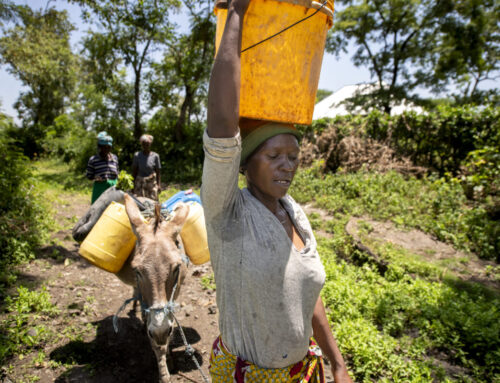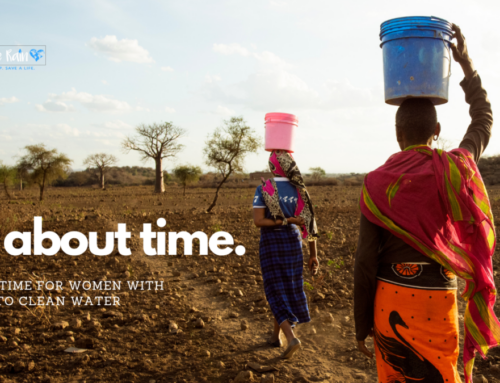She followed the elephants. She walked in the herd’s path. She carried her life with her. Omega Mevaashi found her new home along the way. It was “a big land,” she said, with big trees and big animals. Everything was big because everything could grow. The ground was rich. The rains fell.
More and more people followed the elephants, followed Omega. They brought more and more cows. They cut down more and more trees. The elephants traveled on. Beans and maize sprouted in the grooves dug by their weight.
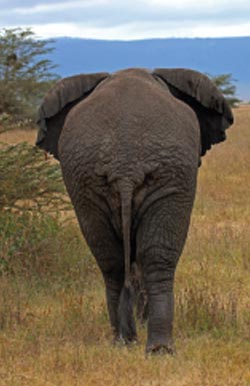 Omega, now 70, remembers 10 abundant harvests. It took a decade, she said, before people exhausted this earth. Ten years before the rains became irregular.
Omega, now 70, remembers 10 abundant harvests. It took a decade, she said, before people exhausted this earth. Ten years before the rains became irregular.
“People didn’t know the importance of the environment,” she said. “We didn’t know that we shouldn’t have cleared out all of the trees. We didn’t know that would change the patterns of the rain. We are trying to learn from the mistakes of the past.” Today, the home Omega found is already gone.
The fertile soil is now dust. She didn’t pick any maize or beans this season. No one else did. “I tried to sell some of my animals to get money for food, but no one had money to buy them,” she said. Omega needs food. A lot of it. She cares for her six granddaughters, the youngest is 3, the oldest is 12.
“I can’t sleep at night because I am worried about where I am going to get food,” she said. She asks her neighbors for help. What they have, they share, Omega said. But it’s still not enough.
Her grandchildren are often sick and always weak. “Their school performance is low,” she said. “They have missed classes.” Omega never attended a class. From almost the time she could walk, she would instead walk for water on school days. She walked for water long after she would have graduated. The search for water happens daily and has stolen thousands of hours from her life.
“I am too old to get water now,” she said. “The neighbors or the grandchildren have to get water for the family now.” Her body betrays her now, she said. She could carry a 40-pound jug of water for hours if her heart could hold it.
She wants her grandchildren to go to school. And, in way, for the five girls to never leave. “I want my grandchildren to perform well in primary school,” Omega said. “I want them to go on to secondary school and to become teachers.” That’s because teachers help other people. “I like to see people helping each other,” she said. “And maybe my grandchildren could even help me. Omega’s life is one of service. She is raising her grandchildren in her daughters’ absence. One left her husband and her children to marry another man in another town. Her other daughter, Anna, became a mother, again, at the age of 35. She gave birth to Omega’s seventh grandchild at home. Her stomach didn’t stop swelling, Omega said. They took her to the hospital but it took hours to get there. Doctors performed an operation. Her stomach didn’t stop swelling. Anna died that day. Her newborn died three months later. Omega still carries that grief with her.
Her tears come before her words. She cried for Anna “on the happiest day I’ve ever had,” Omega said. That day was the day Save the Rain announced it’s partnership with her community. They were building tanks at the school to collect rainwater. They were building similar tanks at homes. And they were employing her neighbors to do all of it. The efforts, however, don’t end with the tanks or the rain. This is the part that makes happy Omega the happiest, she said. Save the Rain will also help the village learn how to farm responsibly, to develop practices that will ensure the health of the soil will return. Then, the trees can grow. Then, when the rain does return regularly, these roots will absorb the water. The tree will take more than it needs. What it doesn’t need will be released back into the air. This moisture will invite the clouds. Then, the rains will come back again. “This is a big grace,” she said. Then, her grandchildren may know the “big land” that brought her here in the first place.

